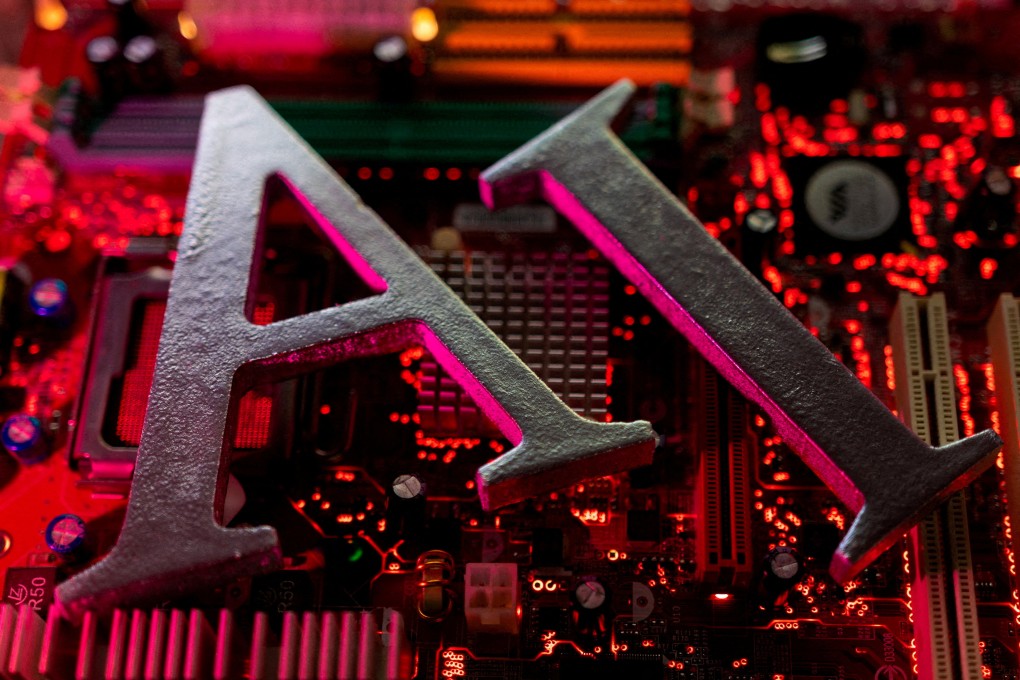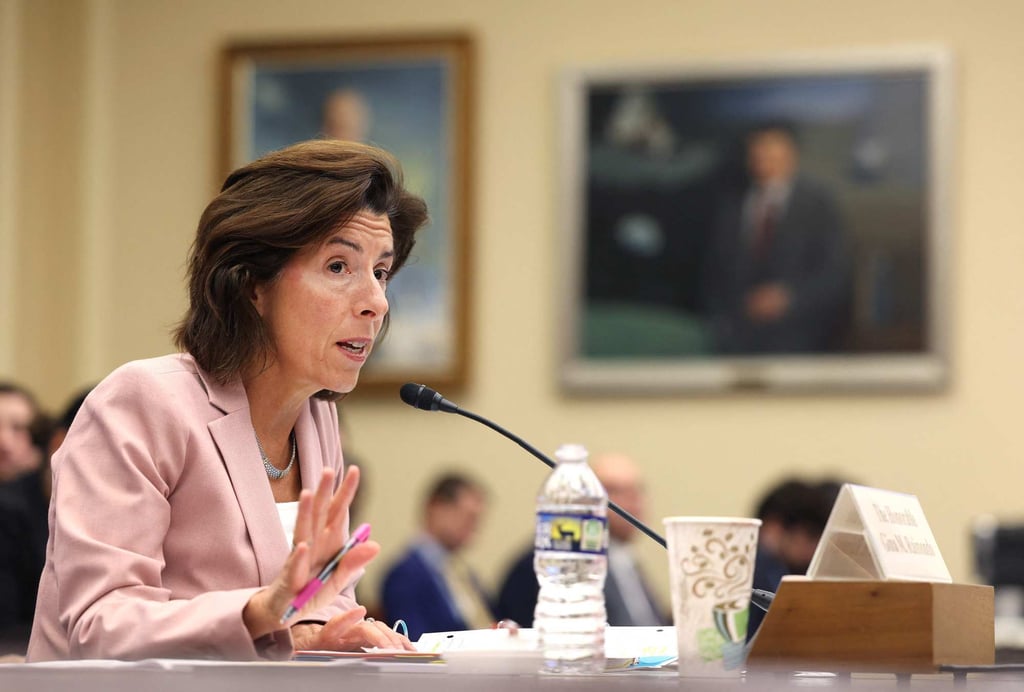China’s adoption of AI isn’t as great as Washington fears, analysts tell US lawmakers
- Censorship imposed by Beijing keeps AI developers in China at a disadvantage, experts say
- US Commerce Secretary Gina Raimondo says ‘I know that we are vulnerable’ because the US still is not able to manufacture leading-edge chips ‘at scale’

US analysts are overestimating China’s ability to deploy artificial intelligence, lawmakers assessing national security threats from AI advances were told on Tuesday.
“How is China actually adopting other information and communications technologies at scale?” George Washington University political scientist Jeffrey Ding said in testimony before the US Senate Select Committee on Intelligence. “What are its adoption rates and cloud computing, industrial software [and] related technologies that would all be in a similar category to AI, and those rates lag far behind the US.”
The White House and US lawmakers have prioritised measures to prevent China from gaining a technological edge, starting with restrictions on the export of advanced semiconductor chips and other advanced technology.
Huawei’s ability to work around Washington’s efforts surfaced in a separate congressional hearing with Commerce Secretary Gina Raimondo on Tuesday.

“We don’t have any evidence that they can manufacture seven nanometre [chips] at scale,” she said. “I know that we are vulnerable. We buy all of those chips you’re talking about, the AI chips, the leading-edge chips, all of that, none of them are made in America right now, which is why I’ve got to work like crazy every day to bring that manufacturing home.”